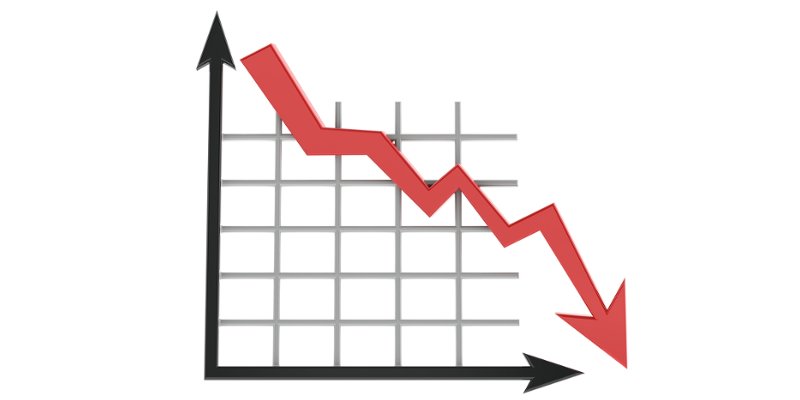Consumer confidence in home purchase dropped in September, with the BSA’s Property Tracker Indexhas found.

Consumer confidence in home purchase dropped in September, the BSA’s Property Tracker Indexhas found.
Currently more of the UK public are negative about this being the right time to buy a new home than positive.
Following the modest increase in the Bank Rate from 0.5% to 0.75% in August overall 48% of consumers saw this cost as a barrier to home ownership, up from 44% in June 2018. The last time this number of consumers rated monthly repayments as a barrier was back in June 2014 (49%).
Paul Broadhead, head of mortgage and housing policy at the BSA said: “Consumer negativity on home purchase is borne out by a mortgage market which remains subdued.
“The only area of mortgage lending which has seen any growth this year is the re-mortgage market. This has been in part driven by borrowers looking to fix their mortgage rates as Bank Rate rises.
“Now there is evidence that fixed rate periods are starting to rise with borrowers looking to secure their repayments before the Bank Rate rises again.
“Uncertainty about Brexit – deal or no deal – is dampening the volume of property purchases, with many of those who can delay doing so.
“High house prices in some regions are still a huge issue, especially for first time buyers, and more than a third of consumers (36%) still believe that prices will rise in the next 12 months. That should be set against 22% who believe that they will fall.”
Broadhead said that whichever way prices go, raising the necessary deposit has not diminished as a material barrier to owning your own home and the majority of consumers (65%) said that it is the most significant barrier that they face.
He said: “Help to Buy: equity loan has been an important feature in the market for five years and has helped 170,000 buyers, both first time buyers and so-called second steppers.
“Rumours that itis under review has caused some to demand that it becomes a permanent feature of the market and others for it to changed or be withdrawn.
“The fate of this scheme after 2021 was always going to be difficult, but in my view it should not become a permanent part of the market.
“Tapering it down could be one option. When Help to Buy (Scotland) was launched in 2013, it had a price cap of £400,000, this has been reduced £230,000allowing more people to benefit from the available funding and targeting it at lower income families and first-time buyers.”
Broadhead added: “Another option could be to reduce the equity loan available from 20% to a lower amount.
“To sensibly manage the change, investors, lenders, developers, mortgage intermediaries and of course consumers, will all need time to adapt to a world without direct government support.
“Now would be the time for the government to make its intentions for the future of Help to Buy: equity loan crystal clear.”



